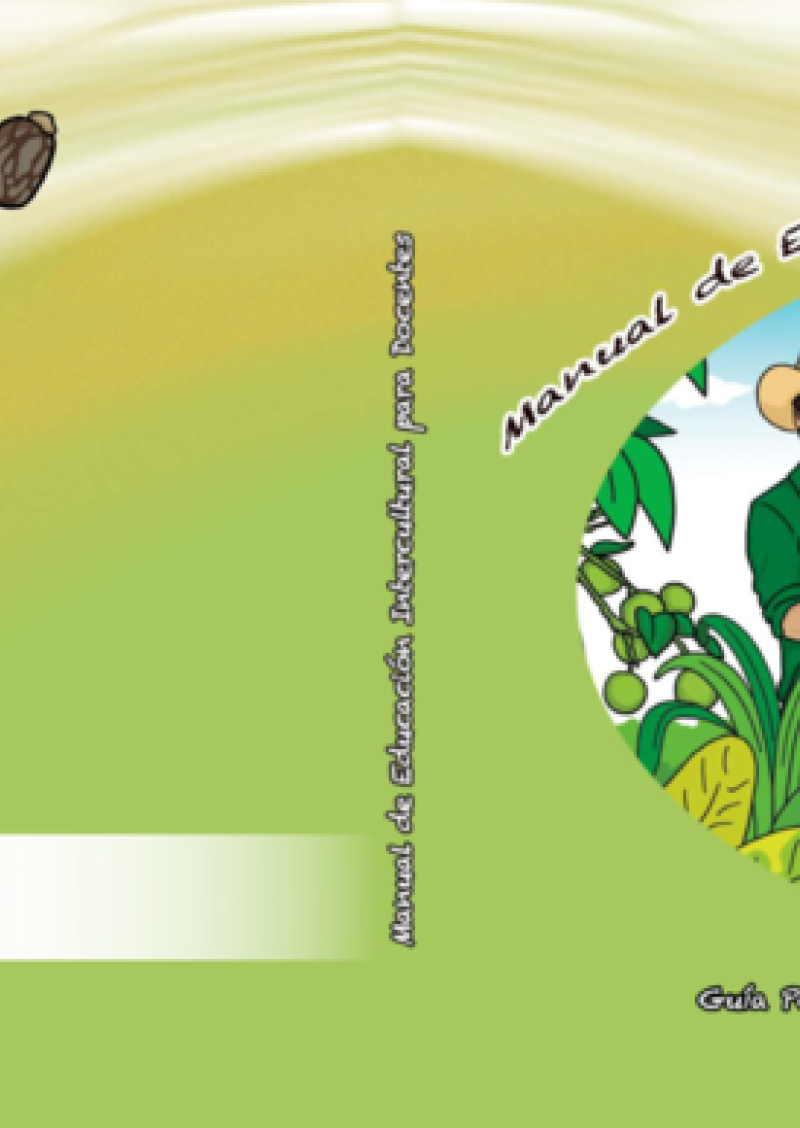Teacher Resource Centre
Displaying 1 - 5 of 5
Introduction to Asset Based Pedagogies in Displacement Contexts Workshops Facilitation Guide
This manual is intended to support the delivery of one full day workshop on the topic of supporting Quality Holistic Learning in crisis contexts through the implementation of asset-based pedagogical tools and activities and through sustaining safe and secure learning spaces. The workshops are the result of the insightful contributions of a committed team of teachers and educators from Kenya, Lebanon, and Niger.
The Quality Holistic Learning Project (QHL), of which this face-to-face workshop is one element, aims to prepare educators to deliver high-quality lessons which support holistic learning for children and youths of diverse backgrounds (refugee, migrant, and/or citizen) within host country, displacement, and crisis contexts. We define quality holistic learning as that which attends to:
- academic, cognitive, and identity development,
- social and emotional learning, and
- mental/psychosocial and physical well-being and which delivers: positive schooling experiences, feelings of belonging and safety, growth and development, and equitable outcomes for all learners.
A Teacher's Guide for Arts, Music and Drama in Africa
Art, music and drama have had a pivotal role in the livelihood of human beings. This is clear by the wealth of literature, architecture, fine art, theater and music that define human past, present and future. The inherent creative ability and a yearning to express ourselves is what gives value to art, music and drama as companion components in human evolution.
This teacher's guide covers art, music, dance, drama, experiential learning, community engagement, and how to integrate these aspects into curriculum. Additionally, this document provides lesson plans for primary school students in these subject areas.
Manual de Educación Intercultural para Docentes
Este Manual a destinación de los docentes propone actividades y talleres con enfoque en la interculturalidad para realizar en el aula. Se divide en cuatro apartados: identidad colectiva e individual; el conocimiento de la historia y de las distintas manifestaciones culturales para fomentar la paz en el país; estereotipos y prejuicios para combatir las discriminaciones y el racismo; e interculturalidad para valorizar la diversidad y la convivencia.
Teaching and Learning with Living Heritage: A Resource Kit for Teachers
This resource kit includes several components that provide teachers with information on why and how to incorporate living heritage into their school based activities. It was developed as a result of the UNESCO–EU initiative on cultural heritage and education, under the European Year of Cultural Heritage in 2018, and it builds on projects across a variety of subjects developed by teacher from 10 countries.
Transformative pedagogy for learning to live together in Southern Africa. A practical guide
This guide is designed to build the capacity of teachers and education planners so that they are informed and empowered in why and how to educate for living together and epace building . It offers an analysis of conflict, examines the role of ethics, expands on the elements of transformative pedagogy and provides practical tools to promote learners’ active participation in shaping the world around them and assess their understanding of citizenship and peacebuilding concepts.
Transformative pedagogy empowers both teachers and learners. It encourages learners to be reflective and critical thinkers capable of contributing meaningfully as members of local and global communities. It also redefines the role of teachers. Teachers become facilitators with the disposition, knowledge, skills and commitment to support students in developing their full potential as peacebuilders. This guide can serve in universities, teacher training colleges and schools.




